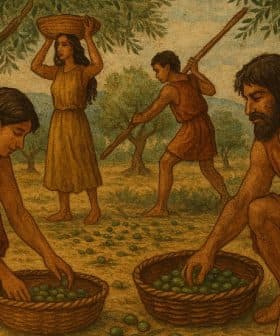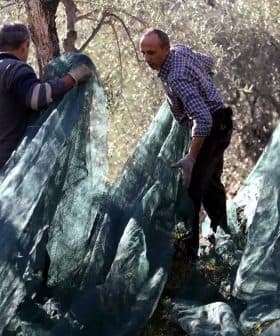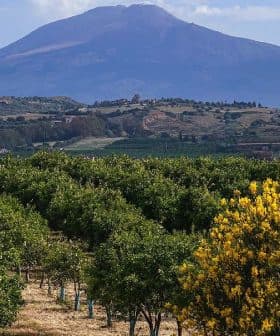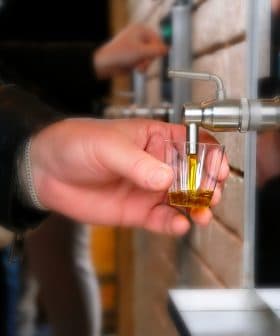A New Project to Promote Olive Oil Roads in Puglia
A new law provides funds to mark dedicated networks of olive oil roads, including farmers, tourism venues, millers and local municipalities.
 Trullo, Puglia, Italy
Trullo, Puglia, Italy A new collaborative network in Puglia will promote local extra virgin olive oil and historic olive oil culture, supported by a new law that creates a framework for olive oil roads in Italy’s largest olive oil-producing region. The new olive oil roads will offer tourists ways to interact with local wine and olive oil culture, with committees representing single farms, associations, millers, farmhouses, and local municipalities supporting the initiative to boost oleotouristic activities in the region.
Local extra virgin olive oil and the historic olive oil culture of the southern Italian region of Puglia will be promoted by a new collaborative network of growers, millers, farmhouses, shops and fairs.
Local authorities recently approved a new law that creates a framework to help create and promote the new olive oil roads in Italy’s largest olive oil-producing region.
The new roads, labeled by dedicated signs, are walkways that will promote our environmental and architectonic heritage, rich in often forgotten treasures.
Along with the olive oil roads, the Fourth Commission of the Apulian Assembly has also approved the development of new wine roads, adding to the existing ones.
Wine and olive oil are two of the most relevant food specialties of the region. Puglia is responsible for roughly 50 percent of all Italian olive oil production.
See Also:New Law in Sicily Protects and Promotes the Mediterranean DietThe law supports the creation of information points and oleotouristic centers dedicated to each olive oil road. They will offer tourists several ways to interact with local wine and olive oil culture and learn about the area’s agricultural heritage.
The roads will be marked with a dedicated network of road signs to help tourists visit olive groves and farmhouses, mills and food venues focused on olive oil tasting and promotion.
Each road will be baptized with a name strictly connected to local olive oil activities and, in most cases, will be tied to local Protected Geographical Indication (PGI) and Protected Designation of Origin (PDO) designations.
To be formally recognized, the new olive oil roads will be promoted by committees representing single farms or associations, millers, farmhouses and local municipalities. For an olive oil road to be baptized, at least 30 percent of the farming community included in the road must support it.
According to Davide Bellomo, the first signatory of the law, the new roads are inspired by what other European countries, including France, have done with wine roads.
“This initiative looks to a future where traditional tourism opportunities are accompanied by the discovery of local products,” he said. “By sustaining local cultural, educational and recreational activities connected to olive oil and wine, we can also further sustain our food exports.”
See Also:New Rules in Italy Set Standards for Oleotourism Operators“The new roads, labeled by dedicated signs, are walkways that will promote our environmental and architectonic heritage, rich in often forgotten treasures,” Bellomo added, hinting at new funds that the regional authorities will have to deploy to support the new initiatives.
Along with being a contemporary leader in Italian olive oil production, Puglia is also home to a rich tradition of family olive farming.
According to iCribis data, 18.4 percent of all Italian companies involved in olive growing are based in Puglia. About 30 percent of those companies are owned by families or single individuals. Only 13.3 percent of local farms have a yearly turnover that exceeds €2 million.
The new olive oil roads are expected to boost associative activities among the different stakeholders as they together pursue the goal of developing the oleotouristic offers.
The Puglia regional initiative comes on the heels of several other activities in the country connected to the recent national law on oleotourism.
Share this article









